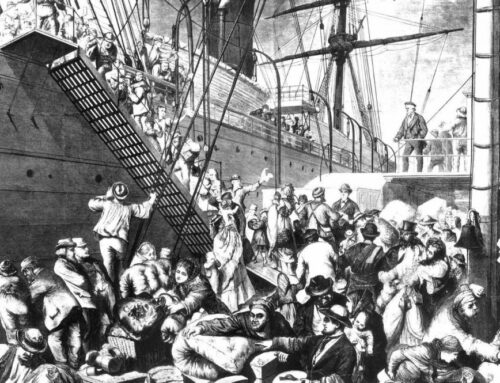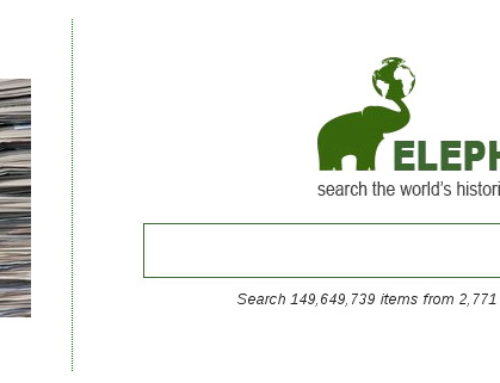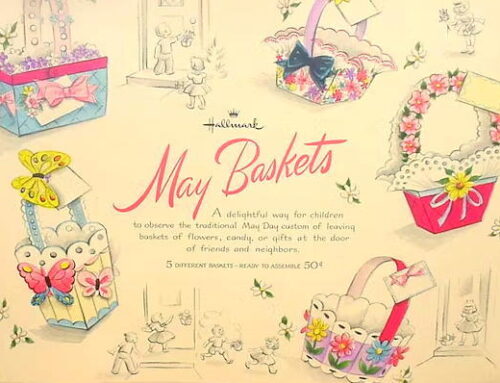The Digital Public Library of America (DPLA) is a project to create a large-scale public digital library. Harvard University‘s Berkman Center for Internet & Society initiated the project in 2010, with financial support from the Alfred P. Sloan Foundation and several other major foundations and funders.
One of the goals of the project is to unify existing digital libraries and archives at the Library of Congress, the Internet Archive, and collections at pre-eminent academic libraries.
John Palfrey, co-director of the Berkman Center, stated in 2011: “We aspire to establish a system whereby all Americans can gain access to information and knowledge in digital formats in a manner that is ‘free to all.’ It is by no means a plan to replace libraries, but rather to create a common resource for libraries and patrons of all types.”
DPLA has announced that several of the country’s greatest libraries and museums—among them Harvard, the New York Public Library, and the Smithsonian—are prepared to make a selection of their collections available to the public through the DPLA. “Those works will be accessible to everyone online at the launch on April 18, but they are only the beginning of aggregated offerings that will grow organically as far as the budget and copyright laws permit,” according to Palfrey.
The National Archives and Records Administration (NARA), Harvard, and others are working with DPLA directly to identify and prepare their collections for aggregation. DPLA is also launching “digital hubs” and “service hubs,” in an attempt to aggregate content from existing state libraries.
It will be interesting to see how DPLA develops, as its goals seem rather vague and, in instances such as like Google Books and Project Gutenberg, possibly even duplicative.
If they can unify the consortial, regional, and state digital libraries and archives that have launched in the past eight or so years, this could indeed be a valuable resource for genealogists.




